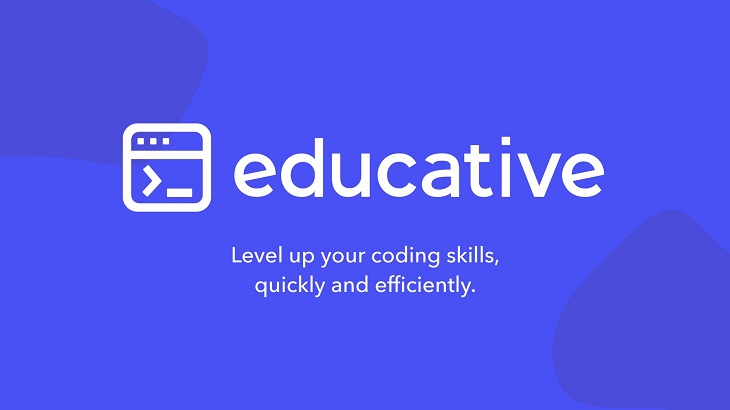Designing Machine Learning Systems: An Iterative Process for Production-Ready Applications
Huyen Chip not only stands out in the role of inspiring the younger generation, but few know that this talented Vietnamese girl is also the author of a famous Machine Learning book that ranks among the top best sellers in the technology field.
Designing Machine Learning Systems, published by O’Reilly in June 2022, immediately made a big impact. This success stems from the core value of the book’s content that it delivers to readers, especially those with a profound interest in Machine Learning (ML).

This book focuses on the practical aspects and real-world applications of ML instead of delving deep into its theoretical significance. Specifically, for the business field, the book will help you address situations such as:
- Choosing appropriate data to solve business problems for your enterprise.
- Automating processes to continuously develop, evaluate, deploy, and update new models.
- Developing a monitoring system to quickly detect and resolve issues that your models may encounter in production.
- Building an ML platform to serve various use cases.
- Developing responsible ML systems.
You can also benefit from the book if you are one of the following groups:
- Developers seeking opportunities to create tools related to the ML ecosystem.
- Individuals looking for ML-related positions.
- Technical and business roles considering the application of ML solutions to enhance products and/or business processes.
Readers without a strong technical background can still approach ML in the most suitable way.
Probabilistic Machine Learning: An Introduction (Adaptive Computation and Machine Learning series)
Kevin P. Murphy is a Research Scientist at Google in Mountain View, California, where he works on artificial intelligence (AI), machine learning, computer vision…
In March 2022, the book “Probabilistic Machine Learning” was published with a hardcover edition spanning 864 pages. True to its name, “An Introduction” (Adaptive Computation and Machine Learning series), the book provides in-depth and detailed coverage of machine learning. It is presented through the lens of probabilistic models and Bayesian theory.

The book includes:
- Mathematical foundations, including linear algebra and optimization.
- Fundamentals of supervised learning, including linear regression, logistic, and deep neural networks.
- Advanced topics, including transfer learning and unsupervised learning.
In addition, the new book comes with online Python code that utilizes libraries such as scikit-learn, JAX, PyTorch, and TensorFlow. This code can be used to reproduce nearly all the figures and results in the book. The code can be run within a web browser using cloud-based services.
Hands-On Machine Learning with Scikit-Learn, Keras, and TensorFlow
Aurélien Géron is a Machine Learning consultant. Apart from previously working at Google and YouTube, he is also the founder and CTO of Wifirst and Polyconseil, companies specializing in internet and telecommunications.
Before the publication of the book “Hands-On Machine Learning with Scikit-Learn, Keras, and TensorFlow“, he authored several technical books on C++ architecture, WiFi, and the internet. He is also a computer science lecturer at a technical school in France.
This book assumes that you have little to no knowledge about Machine Learning. Its goal is to provide you with the concepts, tools, and intuition you need to implement programs that can learn from data.
However, it is an in-depth book on ML. Readers should have a solid understanding of college-level mathematics (calculus, linear algebra, probability, and statistics) to grasp the content that the book conveys.

Scikit-Learn is easy to use, it implements numerous Machine Learning algorithms. Therefore, it provides an excellent starting point for learning Machine Learning.
Keras is a high-level Deep Learning API that makes training and running neural networks very simple. It comes with TensorFlow and relies on TensorFlow for all the underlying deep computations.
TensorFlow is a more complex library for distributed numerical computation. It allows efficient training and running of very large neural networks by distributing computations across hundreds of multi-GPU servers. TensorFlow (TF) was created at Google and supports many large-scale Machine Learning applications at Google.



